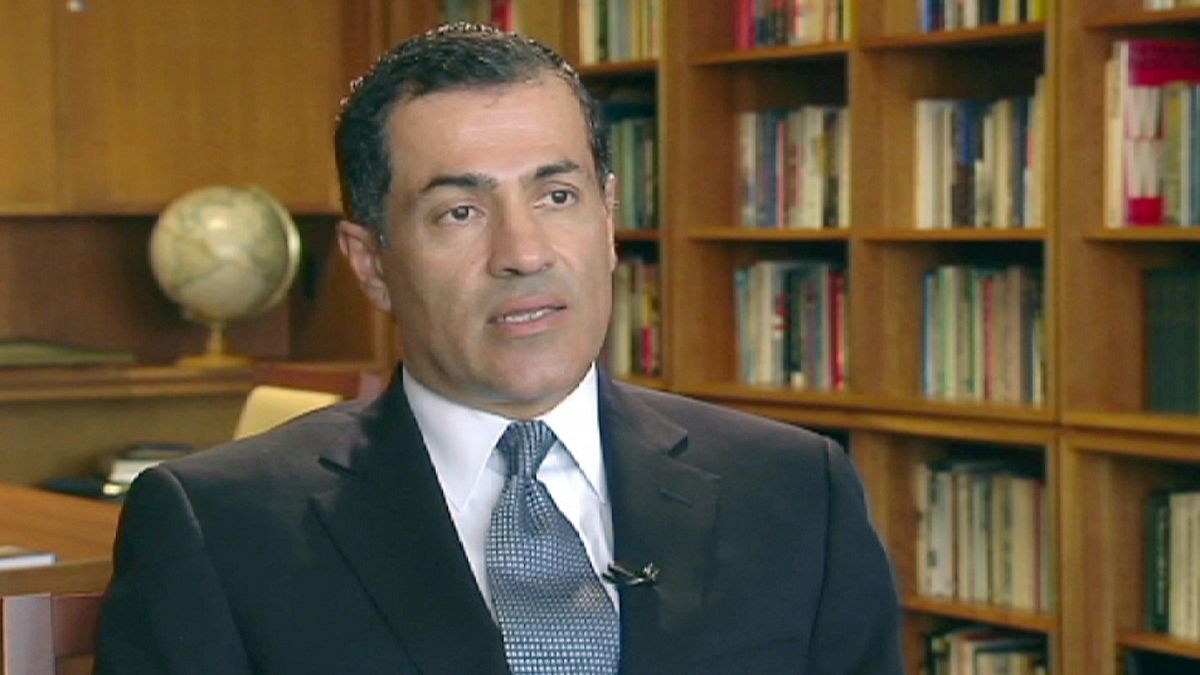Unlike other Arab dictators, Syria’s Bashar al-Assad continues to resist being overthrown. Despite the civil war, thousands dead, attacks against the heart of the regime and defections of senior military officers, the president’s future remains unpredictable.
Analysts say he could fall at any moment, but also that his exit could be slow and chaotic. Vali Nasr, a Middle East expert in Washington DC, explained to euronews the reasons for Assad’s surprising survival:
“Whether Assad stays or Assad leaves is rather irrelevant at this point in time. Even if Assad were to leave power, the military machine that supports him, the portion of the population that supports him, upwards of 50 percent of the population. If you count the number of Alawites, Christians and Kurds who either like him or are afraid of the opposition, this suggests that without Assad there is still reason for fighting in this country.”
The risk of the regime using chemical weapons worries Syria’s neighbours. Damascus admitted being in possession of these banned weapons on Monday, but said they would never be used against civilians or against the Syrian people. It said they would only be used in the case of foreign aggression. But Vali Nasr thinks it is very possible that they could fall into the wrong hands:
“The stockpile of chemical weapons at some point in time could be used in a negotiation with the opposition to get the terms that they want in any negotiations. I think this is a real classic game of Realpolitik that Assad is playing with both outsiders and people inside.”
Despite assurances from the Syrian regime that they would only be used for defence, the Israeli authorities still rushed to hand out gas masks. Israel and Syria are technically at war, but for thirty years the border has remained relatively stable.
“Generally the chaos in Syria is not good for Israel,” said Vali Nasr. “Whatever the problem with Syria under Assad was and whatever the problem with Hezbollah was, it was a certain stability and predictability around Israel’s borders, particularly the Syrian border. It was a tense border but it was a stable border. Last time there was fighting over there was in 1973. And the last air war with Syria was in 1982, 83. So, you know, since then it has been a stable border. That can no longer be said. As Syria becomes chaotic, Israel has to watch that border much more as to who is going to come across, who is going to attack Israel.
“There is only one option which will address this, and that is to put a large number of European and American troops into Syria. You can finish this war the way we finished Bosnia and the way we finished Iraq. But I seriously doubt that anybody is interested in that. And right now it is very convenient to hide behind the Russian veto, so the blame lies with the Russians. But even if the Russians gave the green light, it doesn’t really change the facts on the ground.
“This conflict has gone beyond the issue of just leaving Assad or just Assad making a certain decision.”
